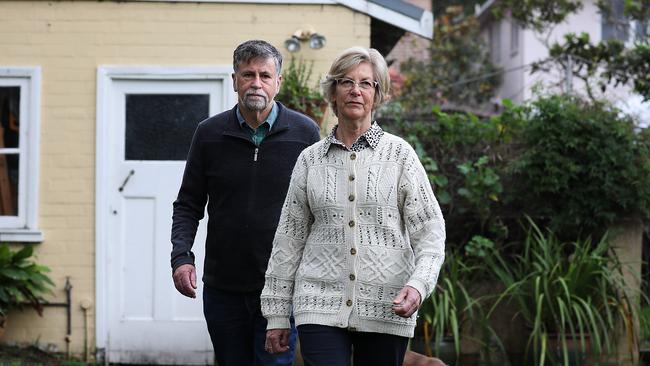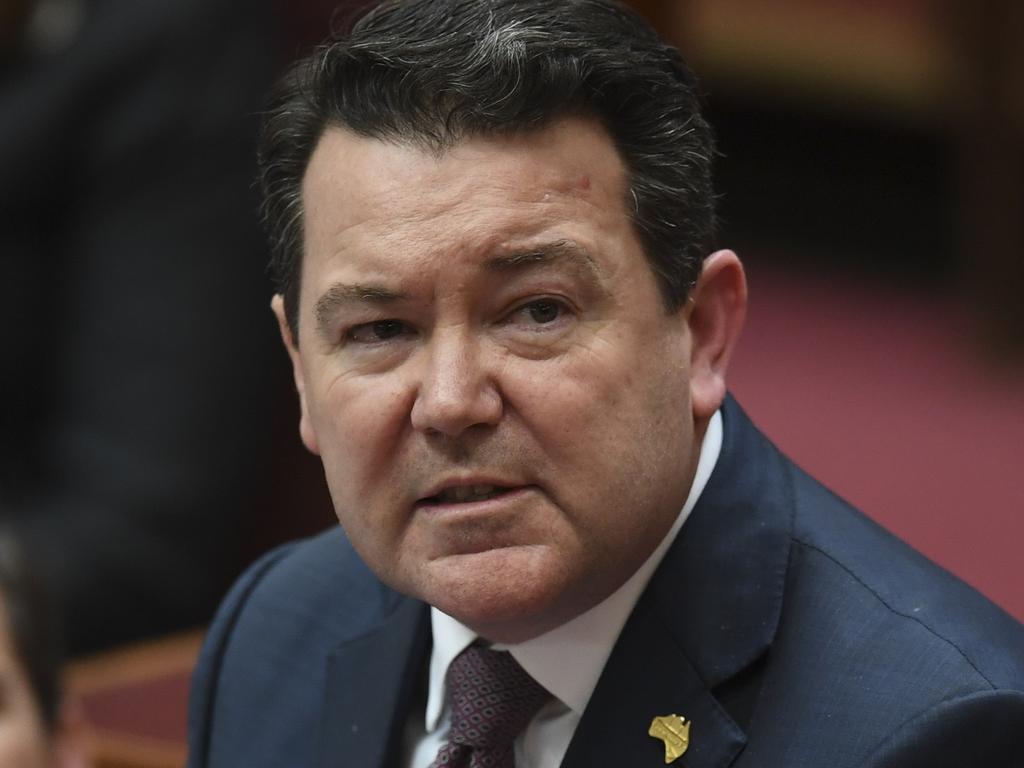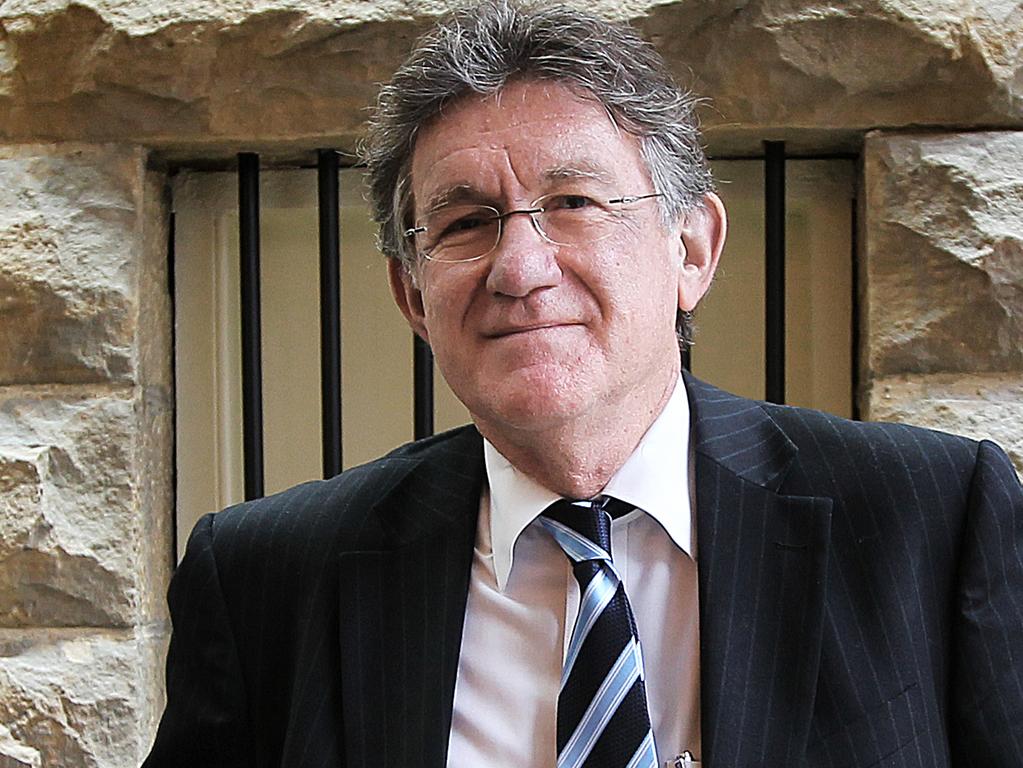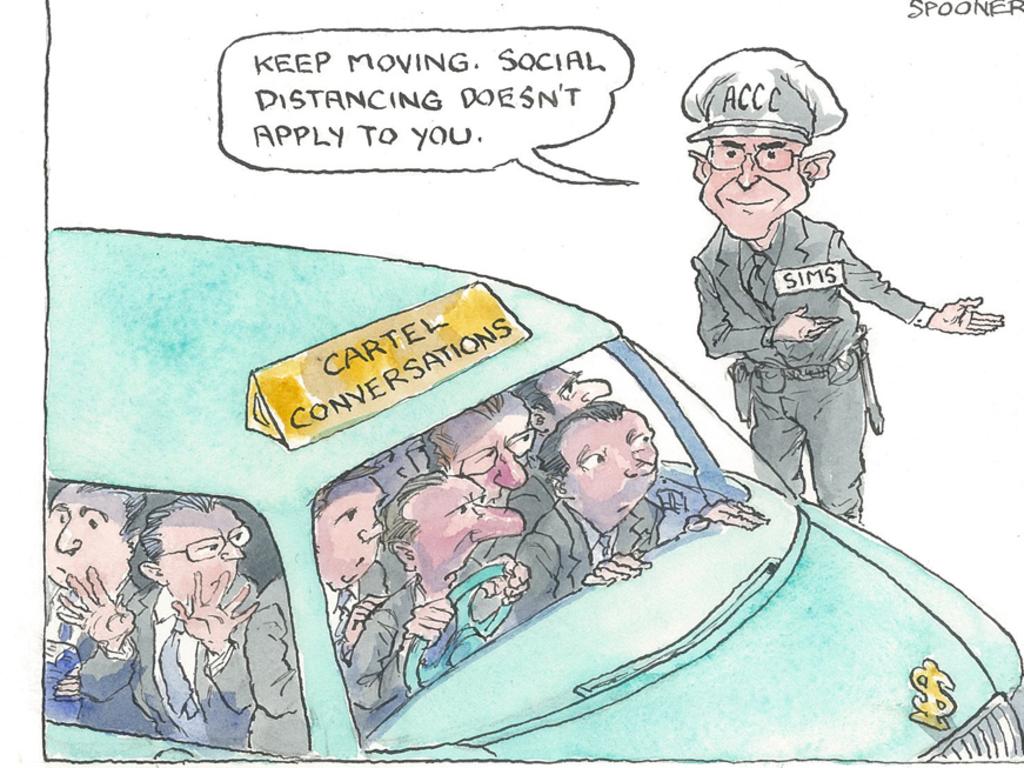Bondholders’ mayday call over Bain plan to rescue Virgin from admin
Retired Sydney engineer Bob Allison is reeling from the shock of Virgin Australia going into administration, and wonders what’s next.

Retired Sydney engineer Bob Allison still remembers when he heard that Virgin Australia went into administration in April.
“It was a shock,” he says, when he realised that part of the retirement savings he managed for himself and his wife Helena was at risk with the collapse of the airline, as the COVID-19 pandemic saw most of its routes shut down.
“I was not happy,” he says.
Managing their retirement savings through a self-managed super fund, Allison had invested in some Virgin bonds in early 2018 and again through a broker last year when Virgin did another $325m debenture issue.
But Allison, and some 5500 small holders of Virgin bonds, now face the prospect that all or almost all of their investments in the airline could be lost in the sale process now being conducted by Virgin’s administrator, Deloitte’s Vaughan Strawbridge.
Virgin went into administration on April 21 with debts of almost $7bn.
Strawbridge has accepted an offer by Bain Capital for the airline but has so far refused to make public the exact nature of the deal, including what, if any, money will be left over for unsecured creditors owed some $2bn — creditors which range from 30 big institutions to thousands of mum and dad retirees like the Allisons.
Allison says he has agreed to be interviewed by The Australian to show that many ordinary Australians, many of them retirees, have invested in Virgin.
“It is not just about a lot of foreign investors,” he says.
“There are a lot of Australian bondholders.”
Allison began investing in bonds as they offered a better deal than the traditional investment choice of retirees — bank deposits and shares.
“You can no longer rely on bank interest to fund your retirement,” he tells The Australian in an interview in his home in the eastern suburbs of Sydney — a home he and Helena, a retired dietitian, have owned for the past 40 years and in which they have brought up three children.
With the interest on bank term deposits falling, Allison was interested in the growing corporate bond market in Australia for retail investors.
But he found many bonds which were available to retail investors were issued by smaller companies which were not well known.
“A lot of bonds being offered are with small companies, companies which are quite obscure,” he says.
Virgin bonds
He bought Virgin bonds in May 2018 as they offered an interest rate of about 7.6 per cent “and it was a company I recognised, a company of some substance which seemed to be operating well”.
With a credit rating in the Bs, the Virgin bonds were not triple-A but they were not junk bonds either.
“I thought buying Virgin bonds was a lot less risky than investing in the bonds of lesser-known companies.”
As share prices continued to surge last year, Allison was keen to sell equities and replace more of his share portfolio with bonds.
“I felt companies were not making higher profits and price-to-equity ratios were going through the roof,” he says.
Pessimistic view
“I had a very pessimistic view of shares and I still have that view.”
Allison gave some of the money from shares to a bond trader who also opted to buy more Virgin bonds in the capital raising last November.
All would have been fine except for the breakout of the COVID-19 pandemic this year, which smashed the airline’s fortunes as it had to cancel most of its flights.
While he was shocked that Virgin had been put into administration, Allison says there was an initial hope by bondholders that if they held on “things wouldn’t be too bad”.
But as the sale process has gone on, Allison has realised that his Virgin bonds could be almost worthless if he had to sell them today. While he has had no direct communication from the administrator, Allison has followed the sale process closely through the media and through communications from the firms that bought the bonds for him, including FIIG Securities.
He says he believes that the administrator should have been prepared to give the alternative proposal to the Bain sale, put forward by the bondholders, a better hearing.
Strawbridge rejected a proposal put forward by a group representing the bondholders, which would have involved a debt for equity swap that would see bondholders like Allison given Virgin shares for their debt. It’s a deal bondholder representative Faraday has suggested could see bondholders eventually get back as much as 70c in the dollar.
“What I don’t understand is that it is the job of the administrator to look after the interests of the creditors,” Allison says.
“And yet we bondholders seem to have been shut out — all bondholders, even the small bondholders.”
Helena Allison says the investment decisions for the family super fund were made by Bob.
“Bob does all the research and makes all the decisions,” she says.
But as she too awaits the news of the Virgin sale to hear how much they have lost, she describes the situation as “disappointing”.
Now in their late sixties, there is little chance of the Allisons being able to recoup their lost investment in Virgin.
Fortunately they own their own home and still have some other investments.
Allison says he is not “crying poor” about his potential losses from his Virgin investment.
“But it hurts,” he says. “It really hurts.”
Last week in a Federal Court hearing, the bondholders won the right to have their proposal put to a meeting of Virgin creditors due to be held before the end of August.
Allison says he doesn’t believe he will get any money from the proposed sale of the airline to Bain and will be a strong supporter of the proposal to be put forward by the bondholders.
He believes that if the Bain proposal offered any significant deal for the unsecured creditors, it would have been made public.
“Bain will give us as little as they can,” he says.








To join the conversation, please log in. Don't have an account? Register
Join the conversation, you are commenting as Logout